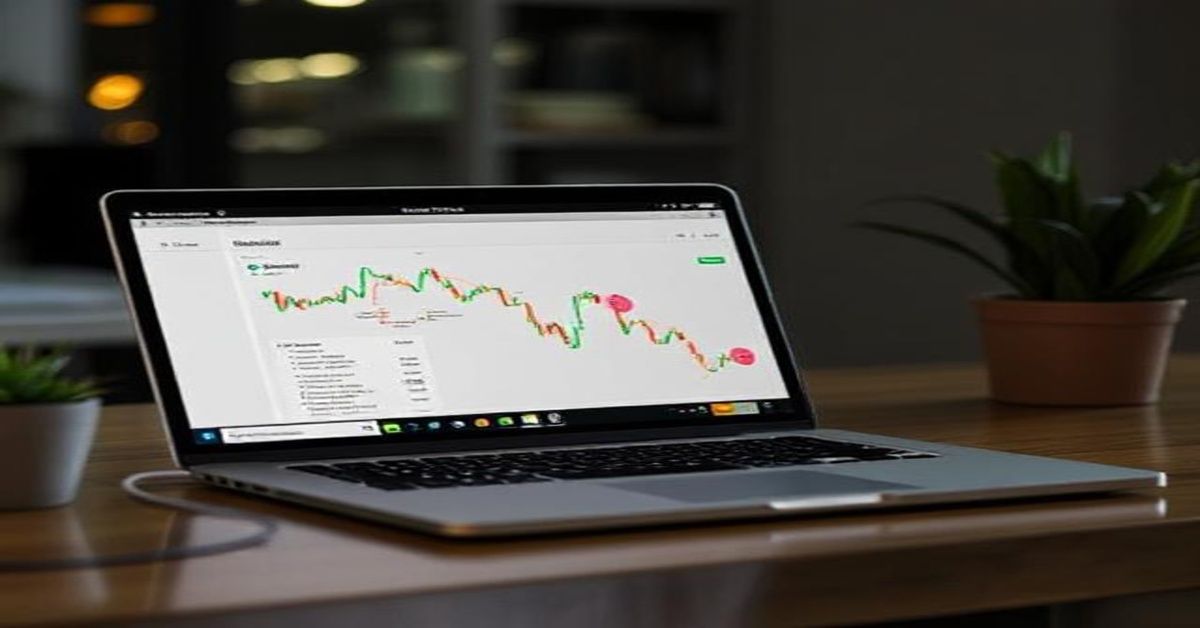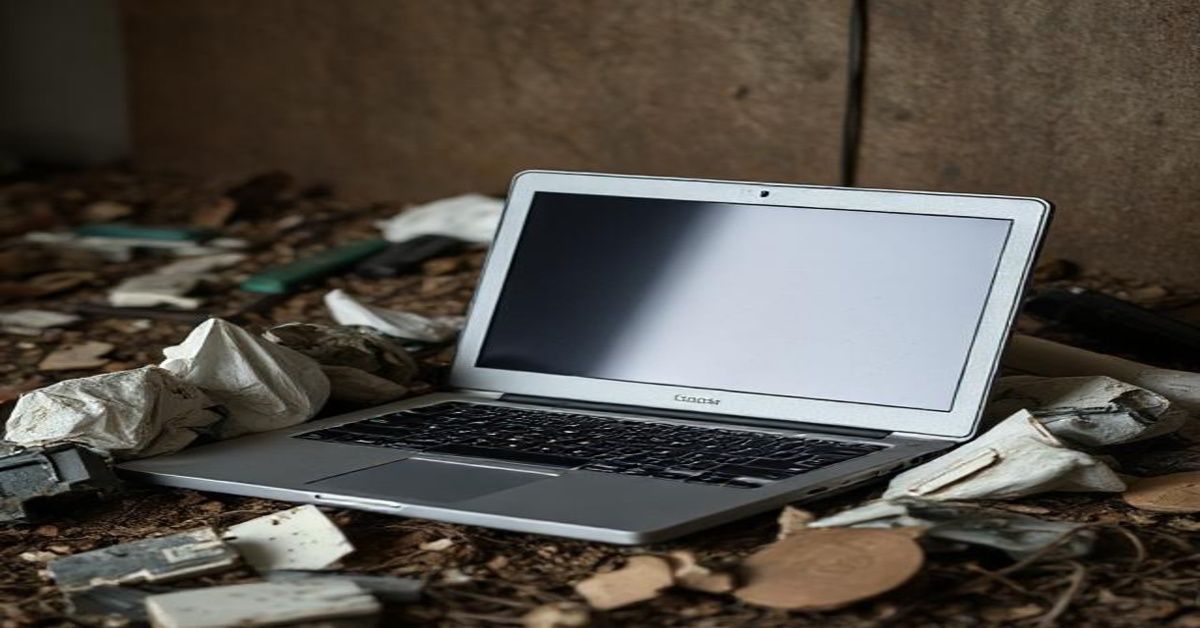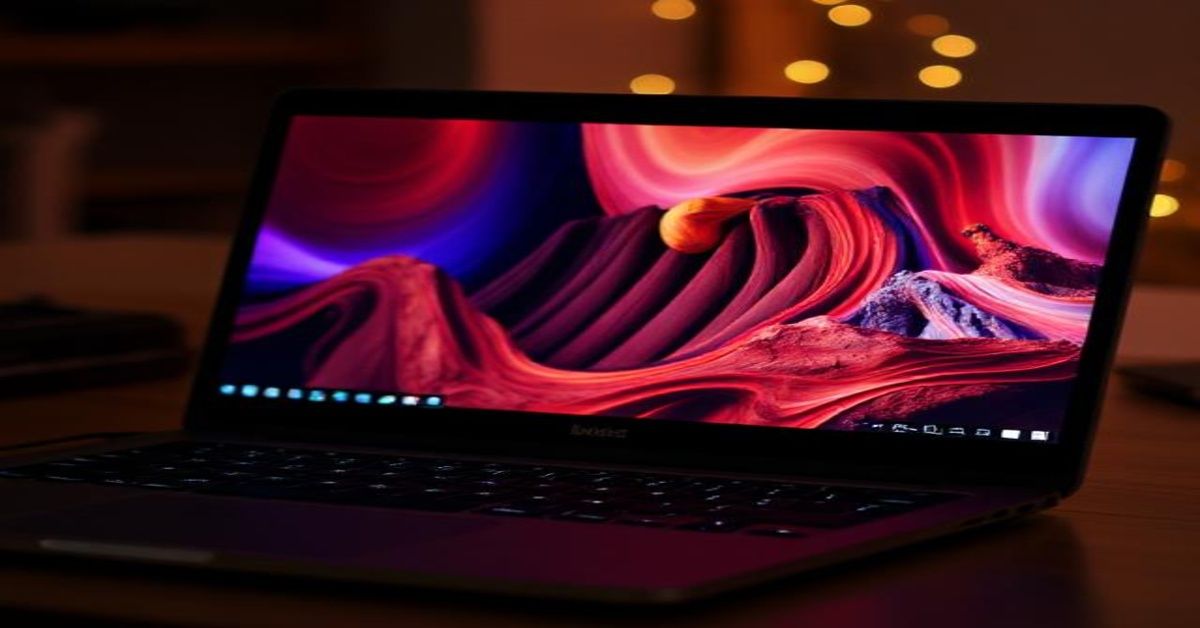In today’s digital-first workplace, a laptop isn’t just a tool; it’s your professional identity. But one question often stirs curiosity and concern: “Can companies track your work laptop?” The short answer is yes, but the depth of monitoring depends on company policies, legal boundaries, and the technology used. Let’s explore how this works, what it means for your privacy, and how you can navigate the balance between compliance and personal security.
What Does Laptop Tracking Really Mean?
When people ask, “Can companies track your work laptop?”, they’re usually referring to employer surveillance. Tracking goes beyond GPS location. It can include keystrokes, browsing history, emails, app usage, and even screenshots. Employers use specialized software to gain insights into employee productivity and security practices. While this may sound intimidating, most monitoring has defined purposes, from protecting company data to meeting compliance standards. Understanding what tracking means helps you know where professional responsibility ends and personal privacy begins.
Why Do Companies Track a Work Laptop?
The reasons behind monitoring are not always about mistrust. Employers often install tracking systems for cybersecurity, ensuring confidential data stays protected. In industries like finance and healthcare, compliance laws require strict monitoring to avoid breaches. Tracking also helps to prevent misuse of company resources, such as unauthorized software downloads. For many businesses, it’s less about spying and more about creating accountability. So, when wondering “Can companies track your work laptop?”, remember the underlying goal is often risk management, not micromanagement.
Common Methods of Laptop Monitoring
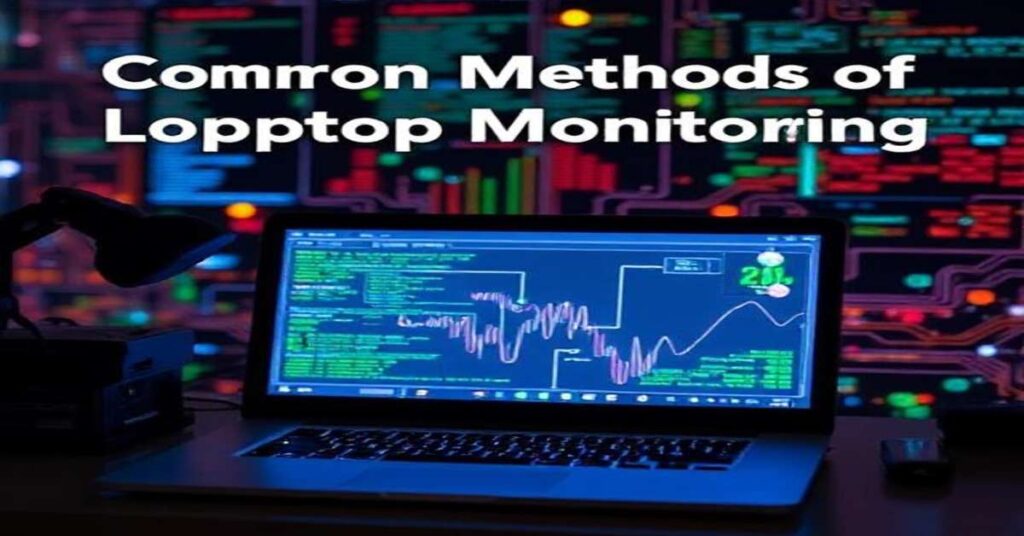
Employers use various tools to track employee activity. These include:
- Activity logs: Recording apps, websites, and time spent.
- Keystroke tracking: Monitoring typing patterns or shortcuts.
- Email monitoring: Scanning professional communication for compliance.
- Remote screenshots: Taking periodic captures of active screens.
- Location tracking: Using IP addresses or GPS if enabled.
Each method provides different levels of insight. While this answers “can companies track your work laptop?”, the type of monitoring largely depends on the organization’s culture and legal obligations.
Legal Boundaries: What Companies Can and Cannot Do
The law places limits on monitoring practices. In most regions, companies are allowed to track devices they own. However, they must disclose monitoring policies to employees often through contracts or handbooks. Personal accounts, private devices, and off-the-clock usage typically remain beyond reach. If you’re concerned about “Can companies track your work laptop?”, review your employment agreement. Transparency is a legal requirement, and you have a right to know what kind of monitoring is in place.
Privacy Concerns: Where Does the Line Cross?
The biggest worry for employees is whether personal browsing, messaging, or social media activity gets tracked. While policies may state “work use only,” reality shows that employees sometimes blend personal with professional. This is where concerns intensify. “Can companies track your work laptop?” Yes, but they are not legally permitted to spy on unrelated private accounts. Still, the safest practice is to keep personal activities strictly separate. Using your own phone or device for private tasks is the easiest safeguard.
Protecting Your Privacy on a Work Laptop

If you’re uneasy about monitoring, there are simple steps to minimize exposure. Avoid logging into personal accounts, especially banking or sensitive platforms. Use private browsing only when necessary, but remember it doesn’t erase employer tracking software. Encrypting personal files, when allowed, also adds a layer of safety. The best approach is clear boundaries: a work laptop for work, personal devices for everything else. When the question arises, “Can companies track your work laptop?”, the answer will matter less if you keep both worlds separate.
Signs That Your Laptop Is Being Monitored
While employers usually disclose monitoring, some indicators may hint at surveillance tools. Slow performance, high CPU usage, or unusual pop-ups can suggest background software running. Frequent IT updates may also mean that monitoring programs are being installed. That said, visible signs are not always present. The most reliable way to know “Can companies track your work laptop?” is to ask HR or check your device’s policy documents. Awareness is your best defense.
Ethical Questions: Trust vs. Oversight
Workplace monitoring sits at the intersection of trust and responsibility. Employees want autonomy, while companies need accountability. “Can companies track your work laptop?” without eroding trust? The balance lies in transparency. When employers openly communicate about monitoring and use it responsibly, it creates mutual respect. The ethical question is not whether companies can track, but whether they should in every scenario. Policies grounded in fairness tend to protect both the business and the employee.
The Role of Remote Work in Monitoring Practices
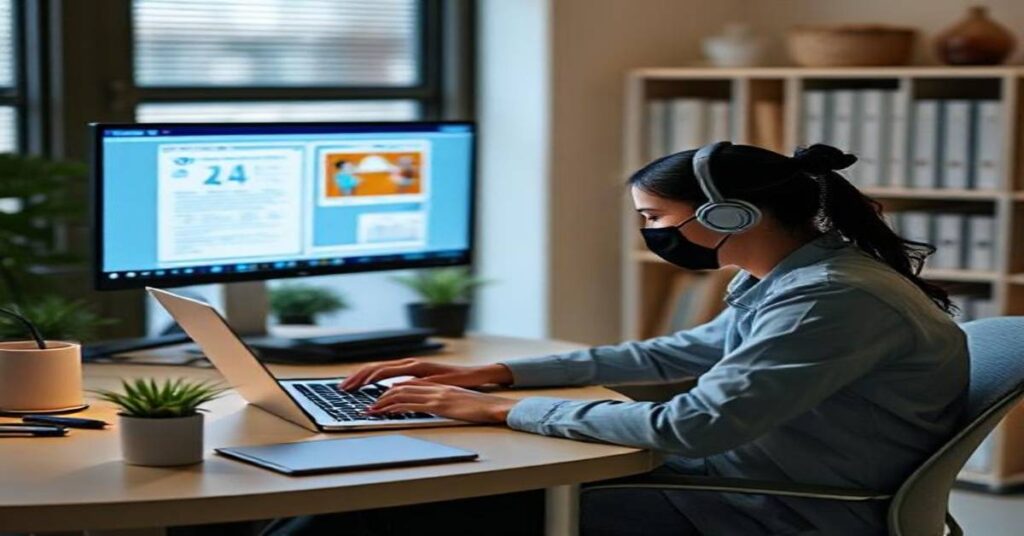
With remote work on the rise, monitoring has become more prevalent. Managers worry about productivity outside office walls, leading to more tracking tools being adopted. For employees, this brings fresh concerns about privacy at home. Asking “Can companies track your work laptop?” is especially relevant in hybrid models. As homes double as workspaces, knowing the limits of surveillance becomes crucial. The best companies set boundaries to avoid overreach into personal environments.
Comparison: Company Laptop vs. Personal Devices
| Factor | Company Laptop | Personal Laptop |
| Ownership | Employer | Employee |
| Monitoring Rights | Yes, with disclosure | No, unless consented |
| Data Security | Company-contr olled | User-controlled |
| Personal Privacy | Restricted | Strong |
| Legal Protections | Defined by contract | Defined by law |
This table highlights why companies can track your work laptop differently from monitoring your personal device. Rules follow ownership.
FAQs About Work Laptop Tracking
Q1: Can companies track your work laptop when used at home?
Yes. Company-issued a laptop often come with monitoring software that works anywhere, even outside the office.
Q2:Can an employer track a laptop location?
Yes, your employer can track the location of a company-provided laptop, but they generally cannot track a personal device without your consent.
Q3: Is it legal for companies to monitor employee emails?
If you’re using a company email account, employers can legally monitor communications.
Q4: Can companies track your personal devices?
If you’re using a company email account, employers can legally monitor communications.
Q5: How can I check if my laptop is being monitored?
Ask HR for monitoring disclosures or check your device’s installed applications for tracking tools.
Conclusion:
So, “Can companies track your work laptop?” Yes, but within limits. Monitoring is a common, legal, and vital practice for ensuring compliance and security. Still, privacy matters, and employees should know company policies. Keep personal activities on personal devices, respect rules, and value transparency. When both sides act responsibly, trust and technology can coexist, creating a balanced and healthier workplace.
